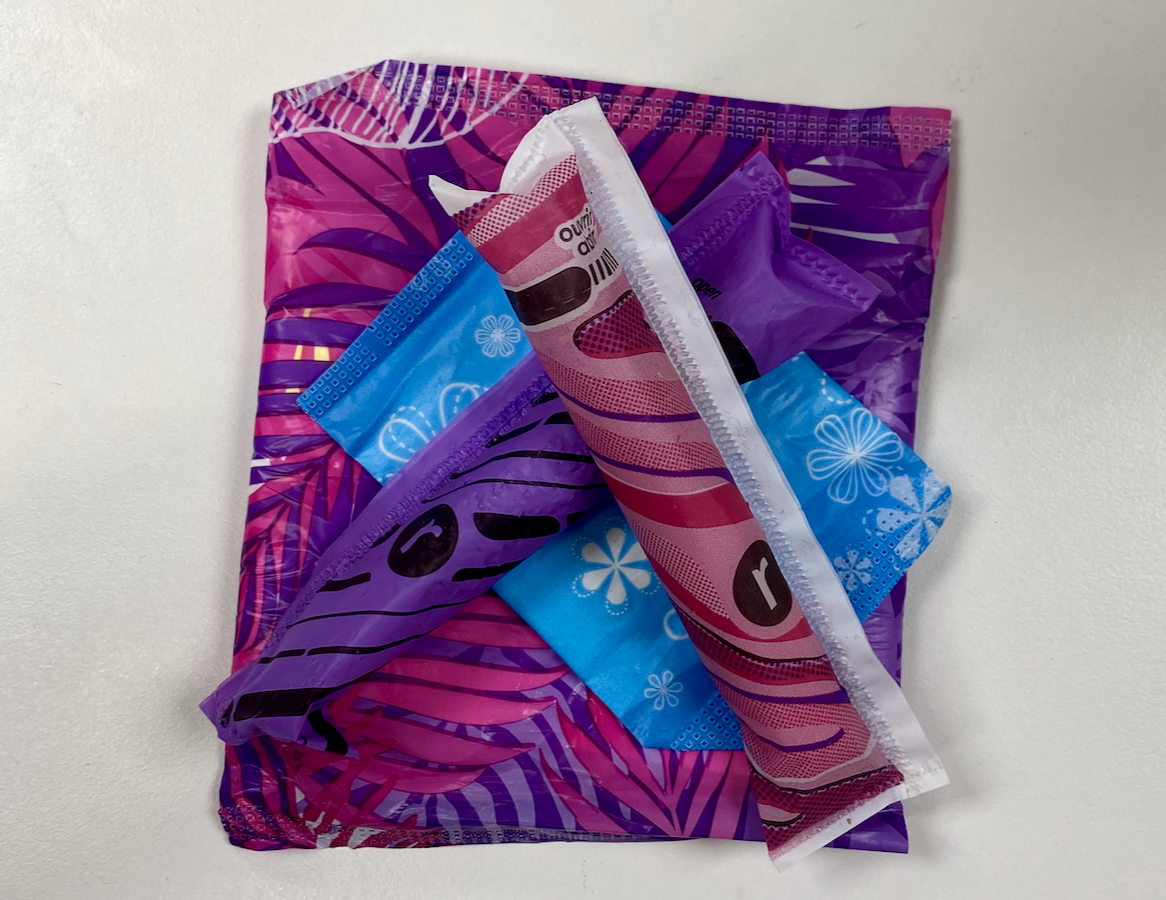Editor’s note: Debunked is a science news series that focuses on dismantling common myths and misconceptions with the help of UW experts.
Nearly every person who gets a period has had the same shared experience — synching cycles with someone else they spend a lot of time with. Or so they might think.
The idea of menstrual cycles syncing up has been a common thought for a long time, but there has not been enough convincing evidence to prove this theory true, according to a New York Times article. Dr. Claire Wendland, who is an obstetrician gynecologist and medical anthropology professor at the University of Wisconsin, said the idea was thought to be true 30 years ago, but medical knowledge has since changed.
“The research in it was never strong. and my understanding was that it’s never been satisfactorily replicated,” Wendland said. “I think that it’s not clear that it’s not true, but there just isn’t evidence to support that it is true, either. So for me, ‘myth’ maybe is a little bit too strong, but it’s not science.”
The Cleveland Health Clinic further goes into debunking this menstrual myth by explaining that there has been no solid research that has proven this phenomenon to be true. Neither the moon nor pheromones have any strong evidence to be causes for changing and aligning menstrual cycles.
Though it may seem like a phenomenon that occurs so often it seems hard to be just a coincidence, there are a number of factors that affect the menstrual cycle. Simply being around another menstruating person does not seem to be enough to affect when a period may begin.
One study proposed a link between spending time together and having matching cycles, but the results were unreliable, and there have been no studies since that have found this same link, according to Wendland who explained the results of the study have not been sufficiently replicated.
Wendland said the idea of synchronized menstruation may still be widely accepted because falsehoods about menstruation have been created for hundreds of years.
“It is possible that some people would like to believe it because it makes women into a sort of a biologically bounded community with each other, right?” Dr. Wendland said. “It would sort of make us mysteriously connected to each other in some way.”


